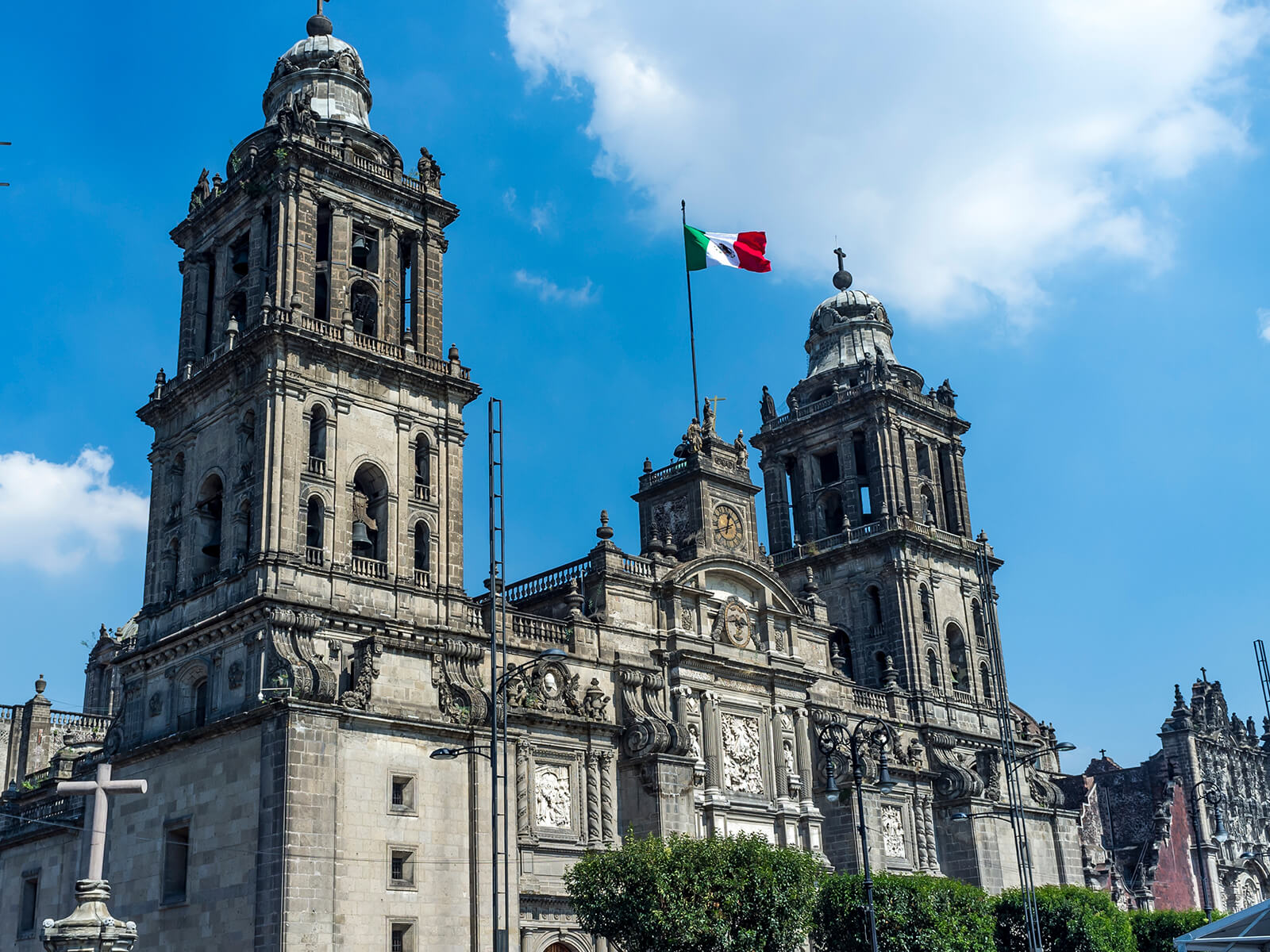The economic outlook in Mexico is a highly relevant topic, particularly in an electoral year like 2024. Political decisions will directly impact key aspects such as economic growth, inflation, unemployment, and monetary policy. This blog explores the various factors influencing the country’s economic outlook.

Introduction to the economic outlook
Economic outlook refers to projections and forecasts about a country’s future economic performance, based on current conditions and anticipated political and economic decisions. In Mexico, the 2024 elections will bring a leadership change that could alter the economic trajectory, influencing public policy, investor confidence, and consumer sentiment.
As the administration transitions, expectations revolve around whether economic policies will remain consistent or undergo significant adjustments affecting areas like investment, employment, and inflation. Economic stability largely depends on government decisions, the Bank of Mexico’s monetary policy, and international developments in key sectors like trade. For 2024, the country faces various industrial challenges and opportunities, including:
- Mining: Legal and regulatory certainty
- Food Industry: Controlling food cost inflation
- Healthcare: Expanding access to healthcare services
- Manufacturing: Capitalizing on nearshoring
- Energy: Increasing refined product and renewable energy production
- Construction: Completing and initiating flagship projects
Economic growth and its impact
A study conducted by Ipsos, Post-Election Sentiment and Expectations 2024, highlights public opinions on election results, particularly regarding the economy.
- 42% of respondents express confidence in the current economy, with expectations for improvements in income, inflation, and financial support.
- 30% consider the economy neutral, while 19% rate it as poor, and 8% as very poor.
- 47% of respondents see an economic crisis as unlikely.
Drivers of economic growth
Economic growth is a primary indicator of a country’s financial health. In Mexico, factors like foreign investment, domestic consumption, fiscal policy, and international trade play critical roles in driving growth. Infrastructure, innovation, and structural reforms are also essential for sustained economic development.
In recent years, Mexico has experienced moderate growth, influenced by global slowdowns and the pandemic. However, significant growth potential remains, particularly in sectors like manufacturing, technology, and services. A crucial question post-election will be whether the new government’s economic policies foster long-term investment and growth.
Effects of economic growth on the economic outlook
Economic growth directly impacts the outlook by instilling confidence in citizens and investors. Robust growth encourages job creation, reduces unemployment, and improves overall well-being. Conversely, insufficient growth can lead to uncertainty, both domestically and in international markets. Perceptions of stagnation or recession could deter foreign investment and trigger capital outflows, negatively affecting Mexico’s economy in the coming years.
Inflation and its influence on the economic outlook
Causes and effects of inflation
Inflation is a critical factor in any country’s economic outlook. In Mexico, inflation has fluctuated in recent years due to external factors, such as rising international input prices, and internal factors, like increased public spending. Key drivers of inflation include rising food and energy prices, currency depreciation, and unmet internal demand.
Inflation reduces citizens’ purchasing power, affects investment, and raises production costs. Uncontrolled inflation can create market uncertainty, impacting consumer and business confidence.
Strategies to control inflation and its impact on the economic outlook
To control inflation, governments and central banks implement various strategies. The Bank of Mexico’s mandate is to maintain inflation within a target range. Restrictive monetary policies, such as raising interest rates, are crucial tools to curb inflation but may also slow economic growth.
The challenge for the incoming government will be balancing inflation control with economic growth promotion. Effective inflation management will strengthen the economic outlook and attract investment to the country.
Unemployment and its relationship to the economic outlook
Factors contributing to unemployment and their economic impact
Unemployment is another key indicator of a country’s economic health. In Mexico, factors such as limited formal job creation, sector automation, and insufficient investment in infrastructure and education have kept unemployment rates relatively high. Unemployment impacts more than individual finances; it affects domestic demand and social stability.
High unemployment directly influences the economic outlook, as elevated rates may create market distrust and limit consumption. If the new government does not take effective measures to reduce unemployment, the economic outlook could worsen.
Perspectives on reducing unemployment and improving the economic outlook
To reduce unemployment, the new government must implement policies that foster formal job creation and improve labor market conditions. Investing in workforce training, promoting entrepreneurship, and supporting small and medium-sized enterprises are key strategies to combat unemployment.
If these policies are effectively implemented, the economic outlook will improve significantly. A stronger labor market will generate higher household incomes, boost domestic consumption, and strengthen economic growth.
Monetary policy and its role in the economic outlook
Monetary policy tools and their economic effects
Monetary policy plays a crucial role in shaping the economic outlook, especially in a post-election environment. Key monetary policy tools include interest rates, money issuance, and open market operations. Proper interest rate management can stimulate investment and consumption, while poor management can lead to inflation or discourage investment. Monetary policy also influences exchange rates, affecting exports and imports.
Adapting monetary policy to the economic outlook
Post-election, monetary policy must adapt to new economic conditions. If the new government implements structural reforms, the Bank of Mexico will need to adjust its policies to support these measures. Similarly, significant global changes, such as rising commodity prices, may require swift monetary policy adjustments.
A flexible and well-managed monetary policy will be key to maintaining a positive economic outlook in the coming years. If the Bank of Mexico and the new government coordinate efforts effectively, Mexico’s economy will face future challenges with greater resilience.
Mexico’s economic outlook after the 2024 elections will depend on several interconnected factors. Economic growth, inflation, unemployment, and monetary policy will play critical roles in shaping the country’s trajectory. The new government’s decisions in these areas will determine whether Mexico can sustain a stable and prosperous economy in the long term.